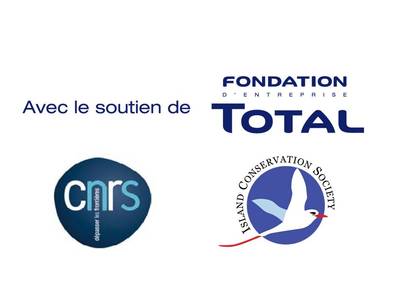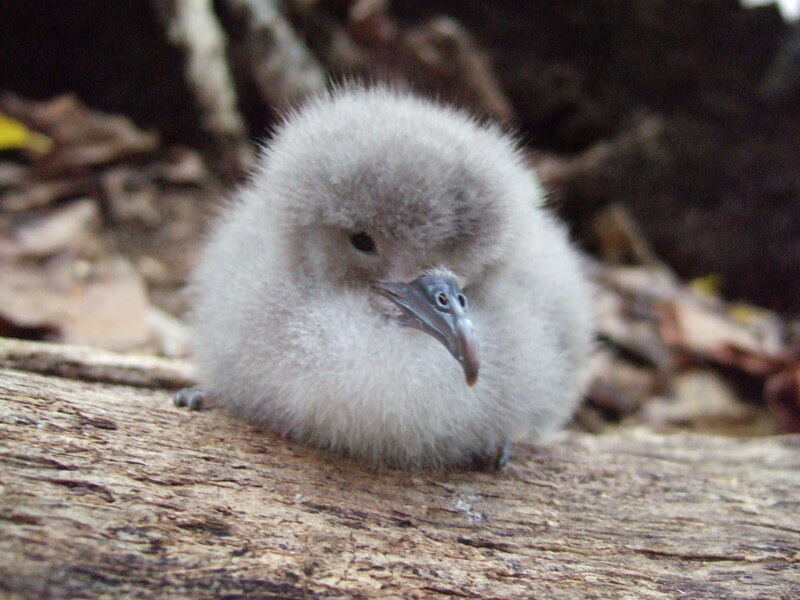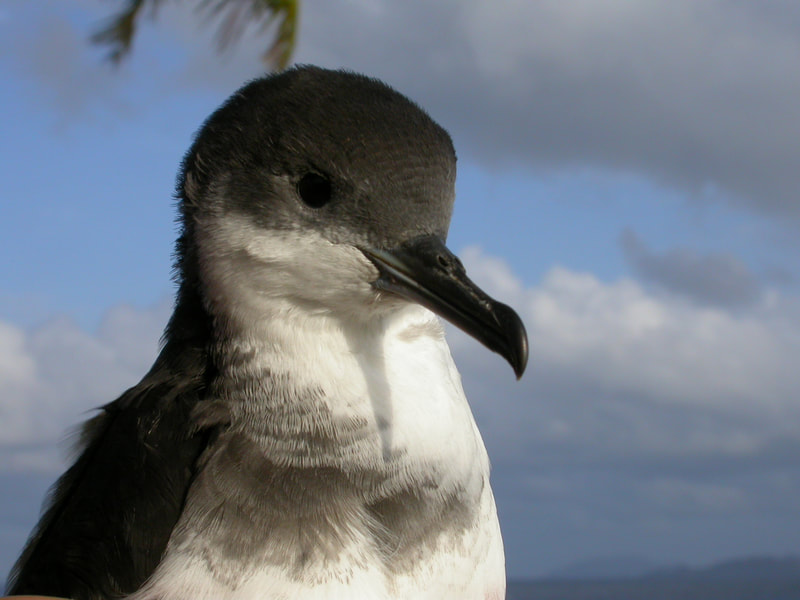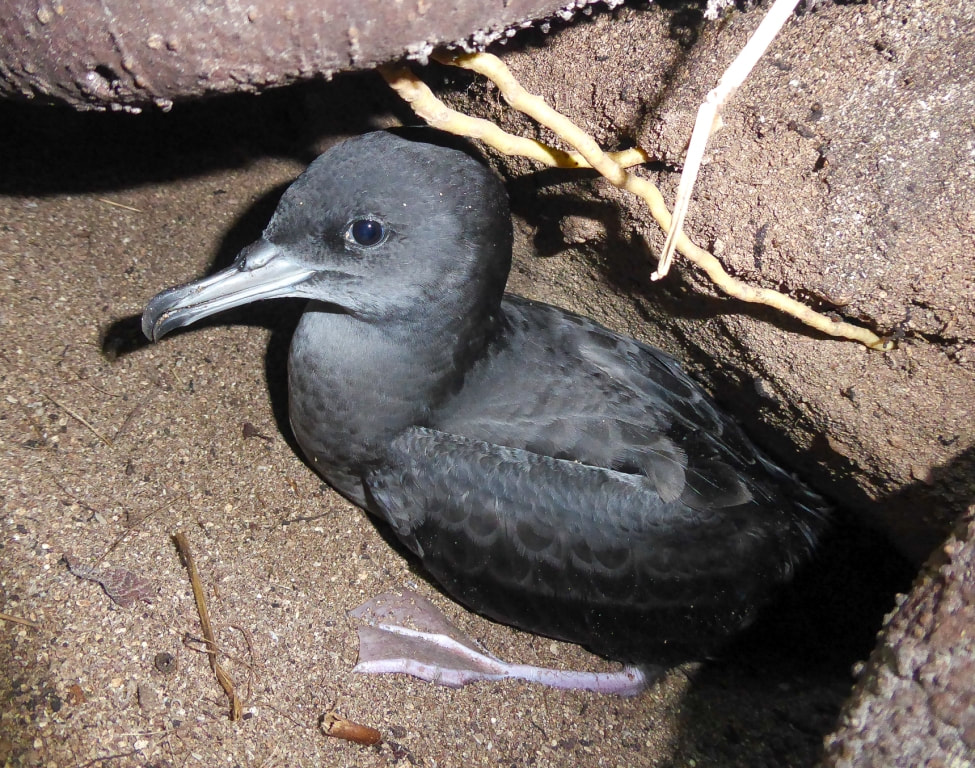Besides investigating birds’ movements at sea the project will produce a reliable, accurate and relatively precise population size estimate for both shearwaters species breeding on Aride and investigate their breeding biology and foraging ecology. Whilst most of the public best know Shearwaters as culinary specialties, not many people know much about their behaviour and long journeys in open sea. In fact, the Tropical Shearwater (Puffinus bailloni or Riga in Creole) and the Wedge-tailed Shearwater (Ardenna pacifica or Fouke) used to travel long distances to find food during the breeding season and as a migratory strategy during the interbreeding season. But what is important to know about these species to better understand and consequently protect them? Finding out where these birds go during both periods is one of the main aims of the Shearwaters project and will have many implications in the conservation of the species.
Aride hosts the largest known colony of Tropical Shearwater in the world, a species still poorly known to date, as well as one of the most important colonies of Wedge-tailed Shearwaters in the Seychelles and the Indian Ocean, making this study particularly important for the conservation of both species. There have been previous attempts to produce population size estimates for the two species since 1996; however, the area surveyed was too small to give a good estimation (20 plots of 100m2). The present research will assess the best practice to census the colony and to analyze the data in order to produce a better estimation of the number of pairs and calculate the population trend through the years.
The Shearwaters project was co-founded by Fondation TOTAL, CNRS-CEBC and ICS UK/James Cadbury, and began in October 2011 on Aride Island (Seychelles). The movements and the foraging behavior of the birds at sea will be investigated using technologies such as geolocators , GPS and archival tags. Knowing more about the foraging ecology and breeding biology of the species will provide important information regarding the conservation of seabird species and assess the possible impact of the global warming and change in climatic conditions on these populations. In particular, a precise knowledge of the ecology of both shearwater species will provide information that is highly valuable to ensure sound scientific monitoring of their populations and will allow development of more efficient conservation measures, either on Aride, around the Seychelles archipelago or elsewhere at sea in the Indian Ocean. The results obtained with GPS devices on Wedge-tailed Shearwater show the birds flying every day a distance up to 150 km from the colony looking for food during the chick-rearing period: a great journey driven by the continuous search of food, for itself and for the brood.
The Shearwaters project was co-founded by Fondation TOTAL, CNRS-CEBC and ICS UK/James Cadbury, and began in October 2011 on Aride Island (Seychelles). The movements and the foraging behavior of the birds at sea will be investigated using technologies such as geolocators , GPS and archival tags. Knowing more about the foraging ecology and breeding biology of the species will provide important information regarding the conservation of seabird species and assess the possible impact of the global warming and change in climatic conditions on these populations. In particular, a precise knowledge of the ecology of both shearwater species will provide information that is highly valuable to ensure sound scientific monitoring of their populations and will allow development of more efficient conservation measures, either on Aride, around the Seychelles archipelago or elsewhere at sea in the Indian Ocean. The results obtained with GPS devices on Wedge-tailed Shearwater show the birds flying every day a distance up to 150 km from the colony looking for food during the chick-rearing period: a great journey driven by the continuous search of food, for itself and for the brood.





